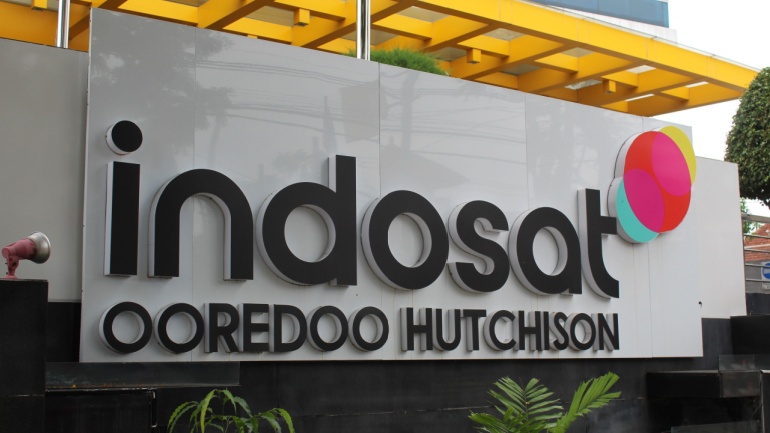As the world becomes increasingly digital, more and more businesses are switching to Voice over Internet Protocol (VoIP) as their preferred method of communication. And for good reason. It’s an affordable alternative to traditional phone service, and it allows you to eliminate all those annoying long-distance charges. But if you’re considering switching to VoIP, there’s one thing you need to know: E911.
In this article, we’ll explain what E911 is, how it works in VoIP, compliance requirements, and the benefits that come with it.
What is E911?
E911 or Enhanced 911 is a service that provides emergency responders with the caller’s location to quickly pinpoint a caller in need of assistance. It is a critical service that can save lives in emergency situations, as it displays the telephone number and location information of the caller on the emergency operator’s screen. That way, if the caller is hurt and unable to share their location, help can still be provided.
When placing a 911 call from a VoIP phone, the call is automatically directed to a Public Safety Answering Point (PSAP), which will then send local emergency services to the location the user has registered as the most recent address. However, it’s important to note that even though the registered address will be displayed, the caller should always be ready to confirm your name, location, and contact information to ensure that emergency responders can reach you quickly and efficiently.
It is required by the FCC (Federal Communications Commission) that VoIP providers offer E911 services to their customers. If these regulations are not followed, there may be consequences such as penalties or legal action. However, these rules are in place to ensure the safety and protection of customers in case of an emergency.
How does E911 work in VoIP?
Understanding how E911 works in VoIP requires an understanding of how VoIP works in general. VoIP sends voice data packets over the Internet between two or more devices. These packets are sent across the internet using a distinct IP address.
To provide E911 services, VoIP providers must first obtain the caller’s physical location and callback number information. This information can be obtained by asking the customer to provide their location information and updating it whenever it changes.
Once the caller’s information has been obtained, the VoIP provider must then transmit this information to the appropriate PSAP, emergency services call center or local emergency authority. The important point to remember here is that the address connected to the phone and sent to the PSAP is static and not always a reflection of current location information.
Benefits of E911 in VoIP
E911 provides several benefits in VoIP, including:
Accurate location information: When a person makes a 911 call using VoIP, the E911 service provides emergency responders with precise location information. The E911 service works by using the location information the user provided to their VoIP carrier.
With this information, emergency responders can quickly determine the exact location of the caller, including the floor they are on in a high rise building if such information was provided to the communications carrier. This allows them to reach people in an emergency quickly and provide the necessary assistance in a timely manner.
Legal compliance: There are two regulations concerning emergency calling that every VoIP provider should know and follow: the RAY BAUM’S Act and Kari’s Law. These federal regulations seek to improve emergency dialing safety and efficacy.
The regulations require that carriers guarantee 911 dialing without a prefix or access code and that emergency services get the correct location information and notification of 911 calls. By adhering to these laws, VoIP companies can aid their clients and the general public in receiving prompt and appropriate assistance in an emergency.
Manage E911 from the same interface as your other phone lines: Some E911 providers allow you to provide real-time location updates straight from your company’s cell phones. Employees are therefore better protected, whether they work in the office or offsite.
E911 compliance and regulations
The FCC has established regulations that require VoIP providers to offer E911 services to their customers. These E911 compliance regulations instruct VoIP providers to obtain and transmit accurate location information to the nearest PSAP based on the caller’s location.
VoIP providers must also provide their customers with E911 disclosures that explain the limitations of E911 services in VoIP. E911 services, for example, may be unavailable during power outages or if the customer’s internet connection is down.
To provide correct location information, VoIP users must submit their physical address and call back number throughout the registration process. By registering their physical address with their VoIP service provider, consumers guarantee that emergency responders get the accurate geographical information during a 911 call. This location is the key reference point for Automatic Location Identification (ALI) and aids in the provision of correct data to the PSAP.
Non-compliance with E911 regulations can result in penalties or legal action for VoIP carriers. The FCC can impose fines of up to $150,000 per violation per day. In addition, VoIP providers may be liable for damages in the event of an emergency if they fail to provide accurate location information.
To guarantee compliance with E911 laws, VoIP providers must test their E911 services on a regular basis to ensure that they are functioning properly. In addition, they must keep correct records of their E911 services in order to establish compliance in the case of an audit or investigation.
Conclusion
In conclusion, E911 is not just a regulatory requirement, but a vital service that can make all the difference in saving lives during emergencies. By providing E911 services, VoIP providers demonstrate their commitment to public safety and ensure that their customers have access to reliable emergency services.
As more and more people switch to VoIP services for their communication needs, the importance of E911 only continues to grow. By making E911 a priority, VoIP providers can keep up with the evolving needs of their customers and provide a service that truly meets their expectations.







